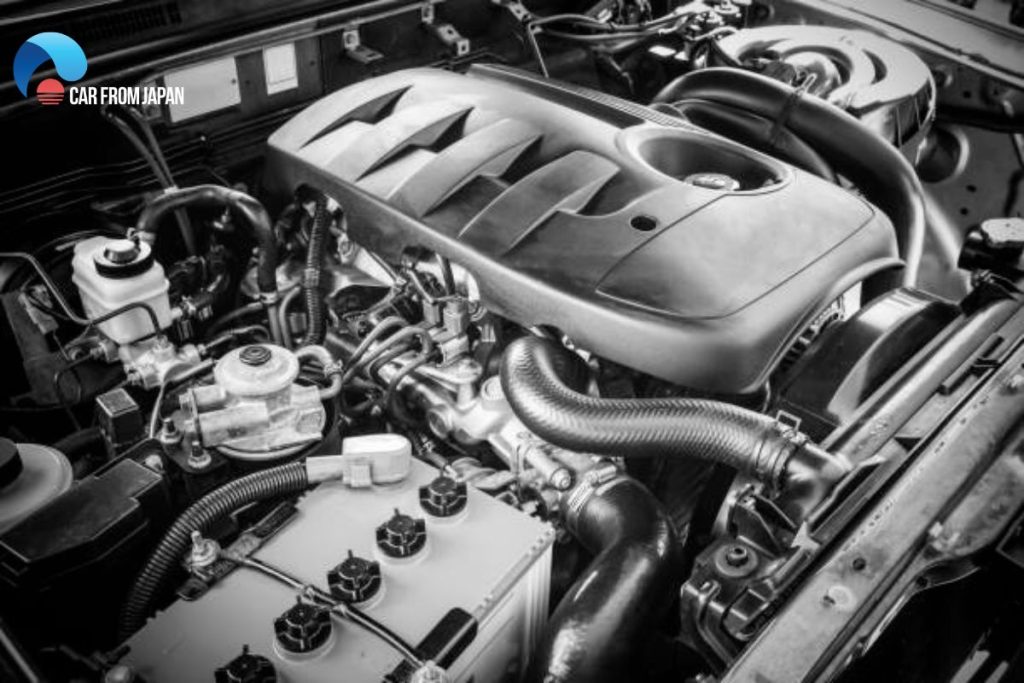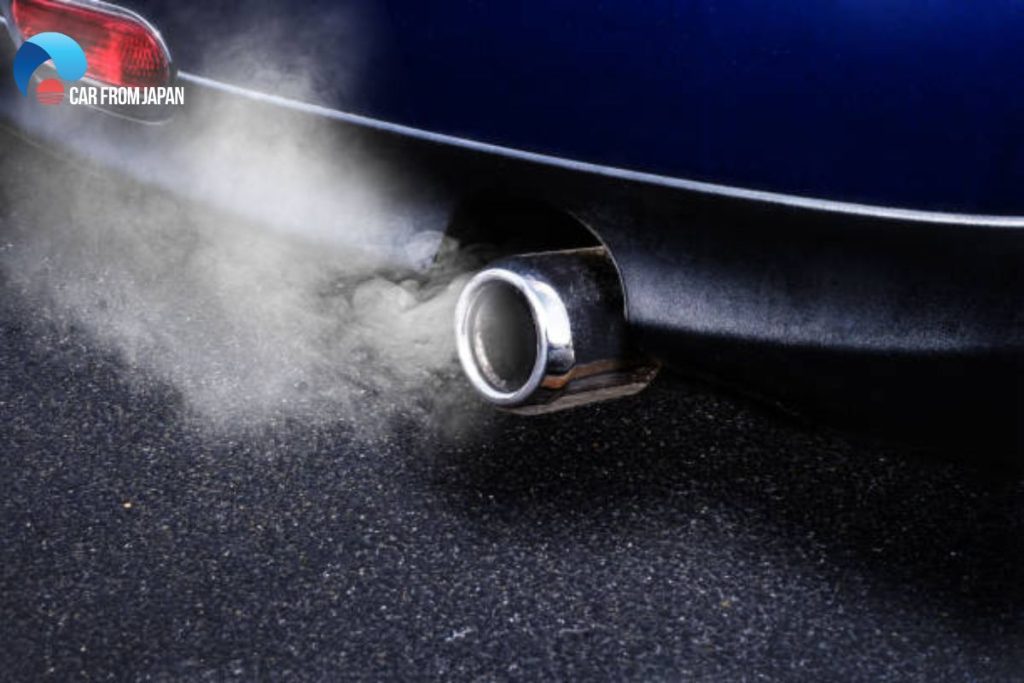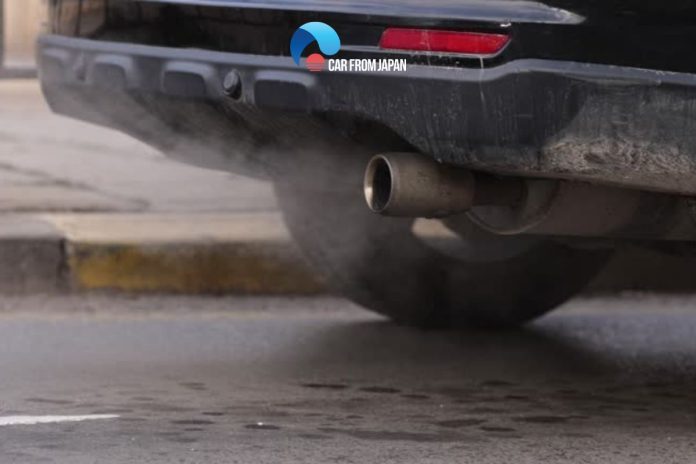If you own a diesel vehicle, you’ve probably heard different opinions or wondered about the warm-up routine. Especially on colder days, should you allow diesel engine to warm up before driving off? Unlike gasoline engines, diesels have their unique characteristics when it comes to starting and operating in various temperatures. Let’s explore what’s best for your diesel engine’s health and performance.
Contents
- Should You Allow Diesel Engine To Warm Up Before Driving Off?
- FAQs on Diesel Engine Warming Up
- Is engine warm-up necessary for diesel engines?
- What are the benefits of allowing a diesel engine to warm up?
- How long should you allow a diesel engine to warm up?
- What happens if you don’t warm up a diesel engine?
- Are modern diesel engines different in terms of warm-up needs?
- How does cold weather affect diesel engine warm-up?
- Are there alternatives to idling for warm-up?
- Wrapping Up
Should You Allow Diesel Engine To Warm Up Before Driving Off?
Diesel engines wholly rely on compression of the air for ignition. When starting from a dead point, one needs to make sure that the engine gets the heat it demands. Is idling the solution to the problem?
And, if yes, how long should a diesel engine warm up? Let’s get deeper into the conversation.
The concept of pre-heating
Starting from scratch, you should know what glow-plugs are. This device is a heating device that facilitates the smooth starting of a diesel engine.

It becomes tricky sometimes to start off a diesel engine owing to the lack of heat of compression. That is why a glow plug is embedded to simplify the task.
In some moderately old vehicles, the glow plug gets automatically lit up when the driver rotates the key to the “ON” position. The longer the idling duration, the better the heating of the engine.
This process is known as pre-heating. Many of the latest diesel engines, though, simplify the preheating process even further.
The moment a driver unlocks his car or opens the door, the glow-plugs get activated, thus lessening the idling time. Coming to should you allow diesel engine to warm up before driving off, the answer is undoubtedly yes.
The preheating time span
Thanks to technology, the newer cars have a display light indicating how long should a diesel engine warm up. There is a symbol that lights up as soon as you put in the key or open the car’s door.
In older cars, the wait time was around 20 seconds. On the other hand, in cars with newer engines, only a 6-8 second wait time before starting is required.
Once you start driving down the road, the glow plug gets switched off. One should know that if your engine were recently given power, you wouldn’t have to wait.
That implies that you can simply put in the key and drive off without waiting a moment. The same goes for the case when the outside temperature is hot!

The downsides of pre-heating
The carbon emissions in the environment are ever-increasing. That is why several emission regulations are put to use by compliance bodies around the world.
Idling or pre-heating, as you may call it, also emits harmful emissions into the environment. Car manufacturers have thus enabled a system where the glow plug would light up only when the engine starts.
The glow plug is also liable to switch on when the engine temperature has decreased exponentially.
The engine life would also be affected when idling over-excessively. Alternatively, you could start off on your journey without waiting much, but moving on slowly. You could also go through driving tips to gain some knowledge of useful driving techniques.
FAQs on Diesel Engine Warming Up
Is engine warm-up necessary for diesel engines?
Diesel engines benefit from a brief warm-up period to ensure proper lubrication and allow engine components to reach operating temperatures. This helps reduce wear and tear during startup.
What are the benefits of allowing a diesel engine to warm up?
Warming up a diesel engine promotes smoother combustion, reducing stress on the engine and enhancing its longevity. It also improves fuel atomization and emissions, leading to better fuel efficiency and lower pollution.
How long should you allow a diesel engine to warm up?
The ideal warm-up time can vary based on factors like ambient temperature and engine size. Generally, a few minutes (3-5) of idling is sufficient in moderate weather, but colder conditions may require more time.
What happens if you don’t warm up a diesel engine?
Not allowing a diesel engine to warm up can lead to increased wear, reduced fuel efficiency, and potentially poor performance, especially in colder climates.
Are modern diesel engines different in terms of warm-up needs?
Modern diesel engines are designed with improved materials and engineering, which means they typically require less warm-up time compared to older models. However, some warm-up is still beneficial.
How does cold weather affect diesel engine warm-up?
In colder climates, diesel engines can take longer to warm up due to thicker oil and increased fuel viscosity. This often necessitates longer warm-up times and the use of block heaters.
Are there alternatives to idling for warm-up?
Block heaters, which keep the engine warm while parked, are an effective alternative to idling. They reduce the need for extended idling, saving fuel and reducing emissions.
Check out this video from Adept Age for more information on diesel engine warm-up!
Wrapping Up
So, when it comes to warming up your diesel engine, the best approach is usually a short pause after starting, then driving off gently. Prolonged idling just wastes fuel and doesn’t warm up components as efficiently as light driving does. The key is to avoid high RPMs or heavy loads until your engine reaches its normal operating temperature, ensuring a healthy and long life for your diesel.



